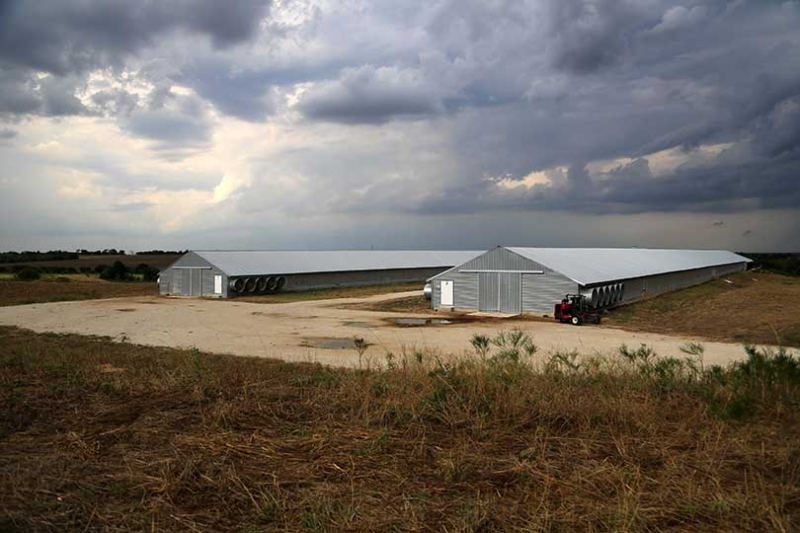Poultry farms seeking compensation for the loss of birds and eggs due to highly pathogenic avian influenza (HPAI) will have to get a biosecurity audit before restocking, according to the U.S. Department of Agriculture (USDA).
This new requirement is included in an interim rule announced in late December by USDA’s Animal and Plant Health Inspection Service (APHIS). The rule updates the conditions for poultry facilities to receive indemnity and compensation after testing positive for HPAI.
“Despite the combined efforts of APHIS, state and federal veterinary officials, and industry outreach, some poultry farmers continue to face biosecurity challenges and, in some cases, experience multiple infections on their farms,” APHIS said.
Data from the HPAI outbreak, which began in 2022, has shown that updated regulations can help to prevent further spread of this disease, according to APHIS.
From 2022-2024, 127 million birds nationwide have been depopulated.
“During the outbreak of HPAI in 2014 and 2015, U.S. poultry owners made great improvements to biosecurity to protect their flocks, which greatly reduced the presence of HPAI among the country’s poultry flock,” said Dr. Rosemary Sifford, USDA chief veterinary officer.
The agency said that data shows that most poultry farmers with strong biosecurity plans are able to prevent reinfection.
“Biosecurity is proven to be our best weapon in fighting this virus, and this update will ensure that poultry producers who received indemnity for HPAI are taking measures to stop future introductions of the disease and avoiding actions that contribute to its spread,” Sifford said.
Since the start of the current outbreak, APHIS has made indemnity payments to more than 1,200 producers.
“Of these, 67 unique commercial poultry premises have had at least two HPAI infections during the current outbreak, including 18 premises infected three or more times,” APHIS said. “Those with reinfections have received over $365 million in indemnity payments, out of nearly $1.1 billion that has been distributed in total.”
Under the interim rule, APHIS also will require a biosecurity audit for commercial poultry premises located within buffer zones, defined as a minimum of 7 kilometers around the infected zone, before movement of poultry onto the premises, if the owner wishes to be eligible for future indemnity for the poultry moved onto the premises.
APHIS will not pay indemnity for flocks moved onto premises in active infected zones if the flocks become infected with HPAI within 14 days following the dissolution of the control area around an active infected premises.
A producer who does not make corrections recommended in APHIS’s biosecurity audit will not be eligible for indemnity payments if the premises experiences future infections within the same outbreak.
APHIS is accepting comments on the regulations until March 3. Comments may be submitted at regulations.gov.
For more information on HPAI, visit APHIS’s webpage.


Leave A Comment